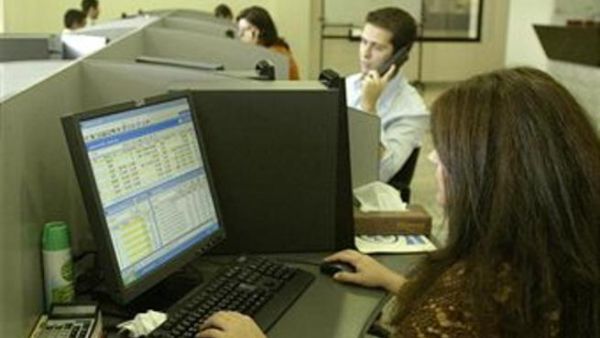Central Bank Governor Riad Salameh Tuesday said that the capital market law which was approved by the Cabinet and Parliament will allow for the creation of one or more private bourses in Lebanon. “The capital market will kick off once the Lebanese Cabinet names three people in the committee.
We can have one or more private bourses in the country. We have lot of players and they are all skilled,” Salameh told participants in a luncheon held in his honor by the Financial Market Association at the Phoenicia hotel.
Lebanon’s Parliament approved in August the long-awaited capital market and insider trading laws that are seen as crucial to revitalizing the financial market. “This is an import step we took today.”
“At last Lebanon will have a vibrant capital market that will be supervised by an independent watchdog that will be headed by Central Bank governor Riad Salameh,” MP Yassin Jaber told The Daily Star earlier. The draft law has been sitting on Parliament’s shelves for the past five years but has been amended many times in accordance with the latest developments around the world.
Lebanese companies and investors have been pressing successive governments to pass the capital market law, arguing that many countries in the region have surpassed Lebanon in capital market laws and regulations. Experts stress that an independent capital market will draw funds from both Lebanese and foreigners. The watchdog will consist of seven members – five of them from the private sector.
“I can’t really tell when this capital market [law will] kick off, but we hope that it will happen at the end of this year. We need to appoint the five independent members as well as find a location for the regulatory body,” Jaber said. According to the Central Bank, the draft law passed by Parliament aimed at setting up an independent body to regulate and supervise capital markets Salameh stressed that the commercial banks will not be listed on the new capital markets in Lebanon.
“We are trying to separate between commercial banks and investment banks to reduce risks and for this reason we have created the capital markets to allow investment banks to trade in these bourses,” the governor said. Salameh also revealed that the Central Bank will propose to the government exempting international companies and funds that want to be listed in the new capital markets from taxes.
“To guarantee the reputation of Lebanon, the committee appointed by the government will directly supervise the capital markets,” the governor said. He hoped that the new capital market will increase job opportunities and bring investments to the country. So far, Lebanon has the Beirut Stock Exchange which is under the jurisdiction of the Finance Ministry.
Only 12 banks and companies are listed on the BSE. The governor also commented on the serious economic crisis plaguing Europe and the efforts by the European Union to bail Greece out of its current debt problem.
“We were not affected by the global crisis thanks to the banking policy in Lebanon. Interest rates remained low and liquidity increased despite the crisis in Europe,” the governor said. He added that banks have managed to achieve a growth of more than 7 percent while lending to the private sector jumped by 15 percent.








